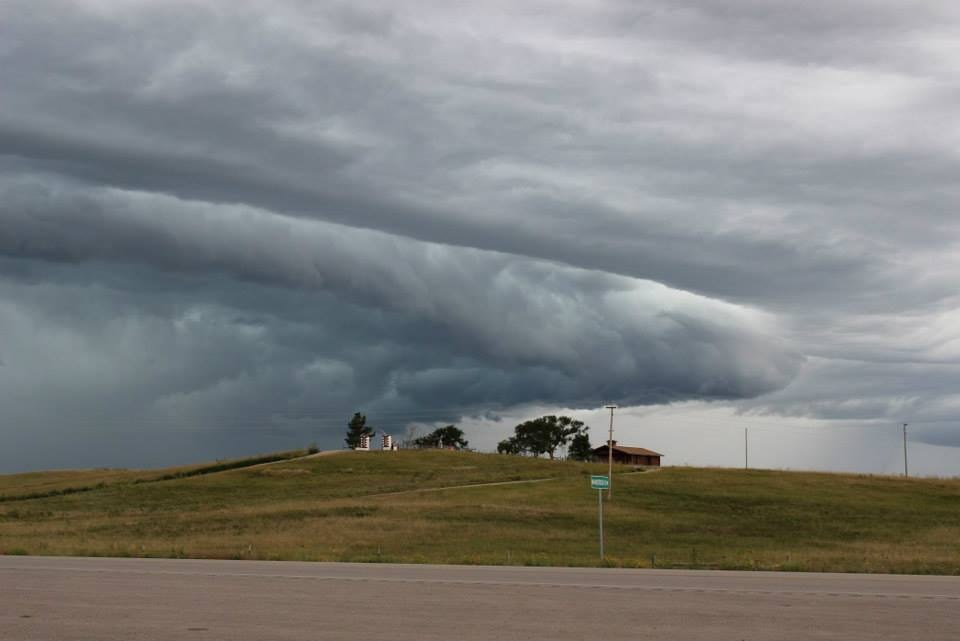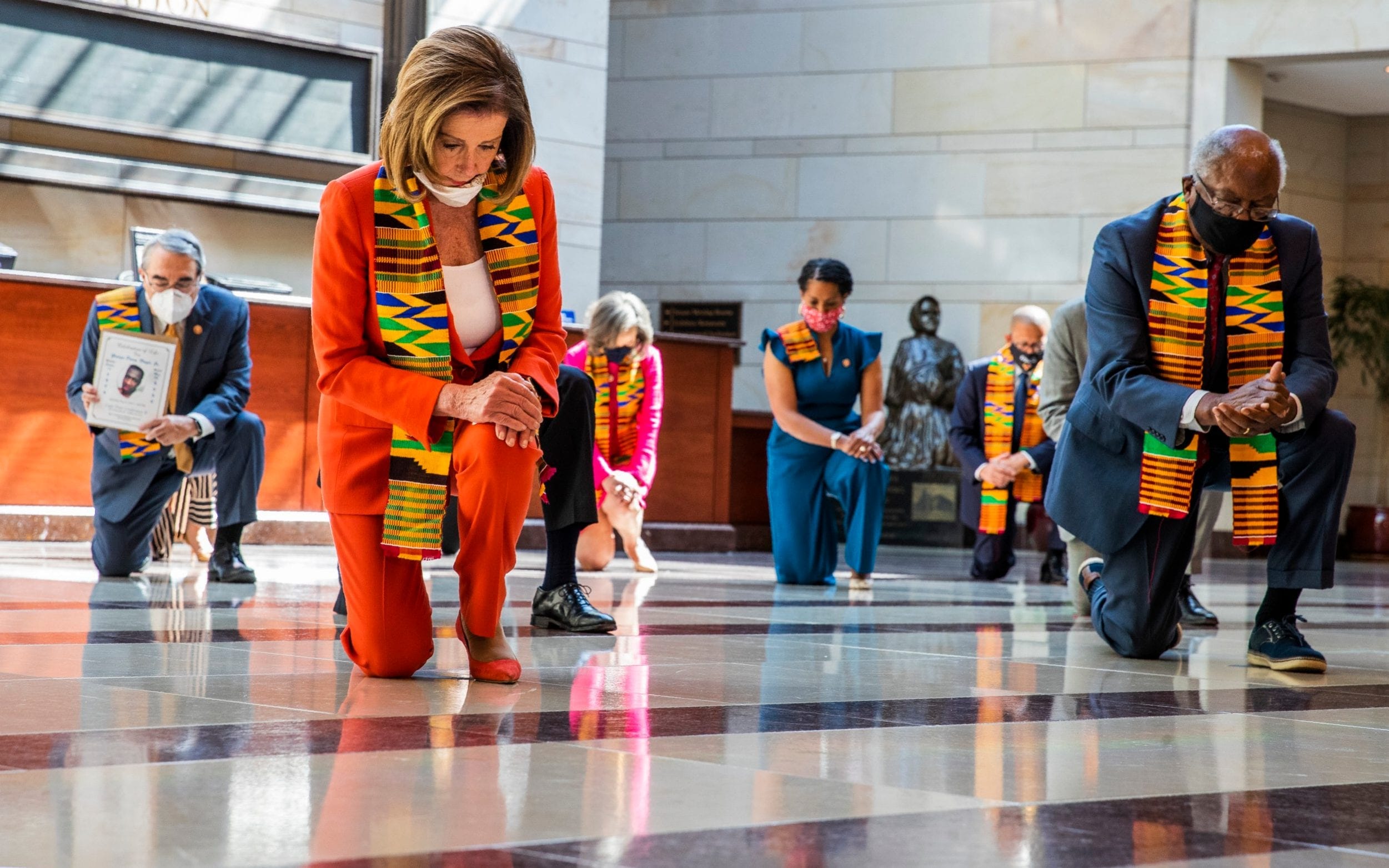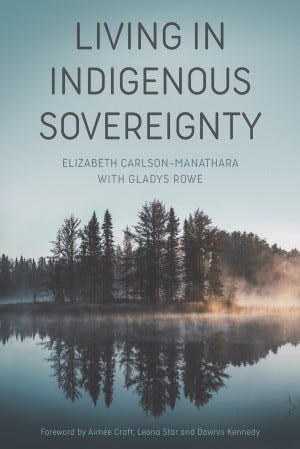Decolonization is not a metaphor.

This is the title of an essay by Eve Tuck and K Wayne Yang in which they argue that although anti-racist, anti-oppressive, inclusiveness, and other social justice work is good none of it is decolonization. They argue that decolonization means returning the land. That’s it. Give back the land. Anything else is social justice work, which is fine. Social justice work needs to be done, just don’t call it decolonization. Calling it decolonization begins your move to innocence, begins your move to one of three strategies that they identify which alleviate your conscience and help you feel better about being a settler on stolen land.
- Settler nativism: the invention or imagining of an ancestor who was native that somehow cancels out all the others and makes you Native and therefore rooted here.
- Settler adoption fantasies: replacing your family with a native family, your chosen family where you belong rather than your biological family where you were raised.
- Colonial equivocation: homogenizing oppression, thinking that we’re all harmed by colonization in the same fundamental way and erasing the particularities of colonial harms done to particular peoples.
I read this essay over several times to make sure that I understood what they were saying because in an era where everyone is decolonizing everything from clothing to child welfare what Tuck and Yang are saying here is important. One of the ways that colonial governments defang revolutionary potential is to adopt the language which begins to shift the meaning. This is why language about what to call Native Americans Native Canadians Aboriginal people Indigenous people Indians is so fraught and messy. Before contact we did not have a general name for ourselves. There was no reason for it. Tribal groups had their own names for themselves and then we either used their own name for them or made up our own nickname for them. There was no broad name for all of us to distinguish us from all of them because there was no all of them that we needed to exist in opposition to.
Does that make sense? I hope that makes sense.
So whatever name we come up with to identify all of us, the meaning inevitably shifts to the same colonial meaning that underlies the word Indian so we come up with new words and then those new words experience the same shift because nothing real is changing. This is what is happening with decolonization. When we start applying it to social justice issues, no matter how important these issues are, the meaning of it shifts and it becomes a metaphor instead of a radical, revolutionary truth. It becomes something that the government can promote and claim to be doing while actually reinforcing its authority. It becomes Justin Trudeau marching against himself in a climate rally and Nancy Pelosi leading congress in kneeling for 8 minutes.

Decolonization is not a metaphor. It means giving back the land.
There are mechanisms by which people can give land to tribes, add land to a reservation or a land trust and both of those things are valid and helpful. They can also be time consuming as the various layers of government untangle and restructure their fiscal rights and obligations to the land. Reservation land is not actually owned by the tribe, it is owned by the federal government and held in trust for the tribe. In the US the Mashpee Wampanoag Tribe almost lost their federal recognition and with it the 150 acres that provided an economic land base for them.
Returning the national and state/provincial parks to the Indigenous people who were displaced is a good option. David Treuer wrote an article for the Atlantic in which he outlines the argument for returning the parks to the tribes. He describes the displacement of the Miwok for the creation of Yosemite Park, pushing them onto reservations so that white Americans could enjoy a pristine wilderness which, ironically, did not remain pristine without caretaking. So instead of having the original inhabitants caring for the land and in turn being cared for by the land there is an entire branch of government where people get paid to do what the Miwok and others did for millennia. It’s baffling.
But what we’re talking about isn’t simply a change of ownership within a system where the state actually owns it all anyway. We’re talking about restructuring our relationship to land and to each other and that is something that we can each do in various capacities. Because while we can, and should, support land back actions we don’t all have the capacity to physically restore land and who that land should be restored to is complicated by generations of displacement, relocation, and genocide. The Beothuk, for example, are the original title holders to much of Newfoundland and they don’t exist anymore. The Lumbee, the Métis, and other post-contact groups don’t have a land base the way that the Lakota or Diné people do.
So what can a settler do?
That’s where this book comes in, Living in Indigenous Sovereignty which is a collection of interviews edited by Elizabeth Carlson-Manathara and Gladys Rowe. In this book a number of settlers ranging from academics to activists and various combinations of both talk about how they became involved and engaged with Indigenous peoples. They describe their realizations and relationships. They describe their successes and their failures because there are failures and you will get it wrong sometimes and that’s ok because so do I.

It begins with a quote from Naomi Klein, “It is not enough for us to simply say this is Indigenous land. We need to act like it is Indigenous land.” (p.5) So how do we do that? Murray Angus suggests using your power as a settler, confront your government, confront the organizations you are part of. “I can’t fix [it],” he says, “But I can use my life to stand against it.” (p 87). Several people talk about ceremony as pedagogy, as a place to maintain relationship and develop spiritual practice while also cautioning against using ceremony as a badge of legitimacy or shifting into some kind of Indigenous identity (which is a poor substitute for relations). Knowing your history, knowing who you are, is another theme. Pick up your own bundle and let us carry ours.
Leanne Betasamosake Simpson is cited in the book and reminds us that settler presence “interrupts [Indigenous Peoples’] ways of being in this world. Cottages and provincial parks that help settlers reconnect to land mean displacement and disruption for Indigenous peoples. You can go for a hike, but we can’t do ceremony. Not in the way that we want to. Many interviewees talk about unsettling their relationship to land, the sense of home and entitlement that comes at a price people rarely think of. That Canadian tendency to witness something wrong and not question it, just let it go (p. 218).
My only question, which is one that I have trained myself to ask constantly, is where are the Black people? Where are the non-white migrants? In her book As We Have Always Done, Leanne Betasamosake Simpson challenges our tendency to seek white allies calling them a “promised land of the changed.” She writes that we think “if we can just get more white people to see that we are human, to see the state of poverty and inequality, they will pressure their governments and do the work they need to do in their own lives to bring about change.” (p 228) And she challenges us to seek relationship with Black and brown individuals and groups, to build those networks of solidarity, to build those relationships.
But chances are, if you are reading this you are white and we can’t ignore that you have work to do and relationships to build. The book that I am working on is geared towards a mostly white mostly Christian audience because as much as I agree with Simpson, none of us are going anywhere and we need to learn how to be good relatives. You need to learn how to be good relatives. This book is a good place to begin.
Living in Indigenous Sovereignty
What's a settler to do?
